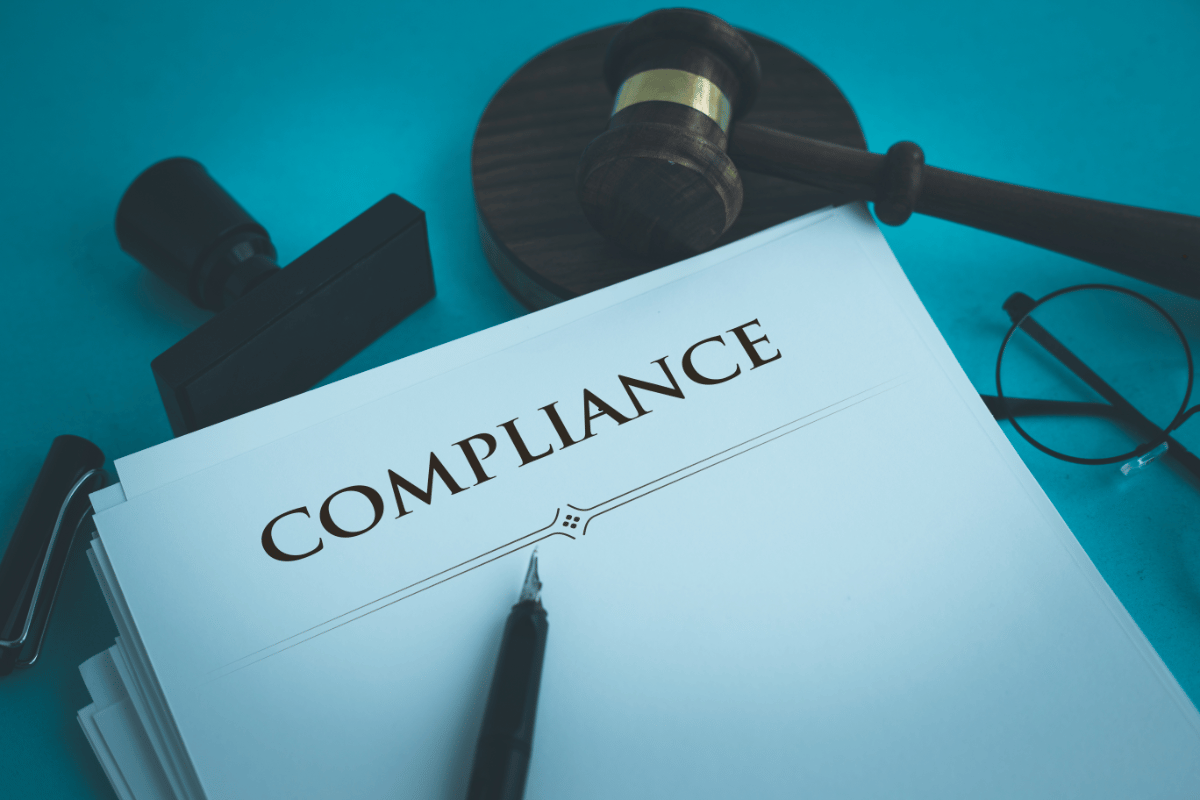How to Ensure Government Contract Compliance for Your Business
Government contracts offer numerous opportunities for businesses, ranging from providing goods to delivering essential services. However, succeeding in this arena requires strict adherence to compliance guidelines. A strong understanding of these regulations not only helps avoid costly penalties but also enhances your reputation within the industry. With the right strategies, you can navigate the complexities of government contracts effectively.
Understanding Government Contract Compliance
Government contract compliance refers to the array of rules, regulations, and laws that businesses must follow when carrying out their obligations under a government contract. These compliance measures are put in place to ensure that taxpayer money is spent appropriately and that government contracts are awarded fairly. Non-compliance can lead to severe consequences, such as fines, contract cancellations, or even disbarment from future bidding.
Each government contract is different, detailing unique requirements and stipulations that businesses must meet. Therefore, it is crucial to understand the specific terms and conditions of your contract. Being well-versed in compliance requirements not only protects your business legally but also allows you to present yourself as a reliable partner for future contracts.
Establishing a Compliance Framework
Creating a rigorous compliance framework is the cornerstone of government contract management. This framework should outline processes and procedures to ensure that every aspect of your business adheres to government regulations. Begin by appointing a compliance officer responsible for monitoring and managing compliance activities.
Your compliance framework should include the following elements:
- Regular training sessions for your team on compliance requirements.
- Clear documentation of policies and procedures about government contracts.
- A dedicated team to handle compliance reviews and audits.
Incorporating technology can also enhance your compliance efforts. Software solutions specifically tailored for government contract accounting can track obligations and deadlines, ensuring you never miss critical compliance requirements. Utilizing digital solutions makes it easier to manage contracts and reduces the risk of errors, which is paramount in this highly regulated sector.
Maintaining Accurate and Detailed Records
Record-keeping is a vital aspect of compliance. Accurate documentation helps you demonstrate adherence to the terms of the contract and provides justification for decisions made during the project lifecycle. Failing to maintain proper records can lead to investigations and penalties.
When it comes to keeping records, consider the following:
- Storage of all communication regarding contract obligations and changes.
- Documentation of all financial transactions related to the contract.
- Retention of performance metrics to showcase compliance with contract terms.
Additionally, using cloud-based storage options ensures that your records are secure and accessible when needed. Regular audits of these records can also help identify areas of improvement and ensure compliance standards are being met consistently.
Training and Educating Your Team
Your team is a critical part of your compliance strategy. Ensuring that employees have a comprehensive understanding of government regulations and contractual obligations helps mitigate risks. Regular training sessions can reinforce the importance of compliance and keep the team updated on any changes in regulations.
It’s beneficial to develop an onboarding program for new hires, emphasizing the significance of compliance in your company’s operations. Use case studies and real-life examples from your own experiences to paint a vivid picture of why compliance matters.
Ongoing Education and Certification Programs
Encourage your staff to pursue education and training in compliance certifications. Numerous organizations provide specialized programs that focus on government contracting regulations. Having team members with advanced knowledge can help your company stay ahead of compliance challenges.
Conducting Regular Compliance Audits
Conducting regular compliance audits is essential to identifying potential weaknesses in your compliance framework. These audits should be comprehensive, covering every aspect of your contract implementation, from financial management to procurement processes.
Utilize both internal and external auditors to gain a broader perspective on your compliance status. Internal audits help you assess your own practices, while external audits can provide an objective viewpoint on your compliance efforts. The results from these audits can guide your future strategies and ensure ongoing adherence to compliance standards.
Responding to Compliance Issues
In the world of government contracts, challenges and compliance issues are inevitable. Being prepared to handle these situations calmly and effectively is essential for long-term success. When faced with a compliance issue, your company should follow a well-defined response plan.
This plan should include:
- Identifying the issue and understanding its implications.
- Conducting an investigation to gather facts and assess the extent of the issue.
- Developing corrective action plans to resolve the problem and prevent recurrence.
Open communication during compliance issues is critical. Make sure to keep all stakeholders informed throughout the process, as transparency fosters trust and credibility.
Developing Relationships with Government Entities
Building strong relationships with government officials and agencies can significantly impact your compliance success. These relationships can aid in greater understanding of compliance requirements and provide a direct line of communication for addressing concerns.
Participating in government-sponsored events and forums can also help businesses gain insights and stay updated on changes in policies and regulations. Networking in these environments offers opportunities to express concerns and share experiences with fellow contractors, potentially benefiting everyone involved.
Ensuring government contract compliance is a multifaceted challenge requiring a strategic approach encompassing a framework of best practices, technology, employee engagement, and active communication. By prioritizing these elements, businesses can protect themselves from compliance pitfalls and position themselves for success in the government contracting space.







